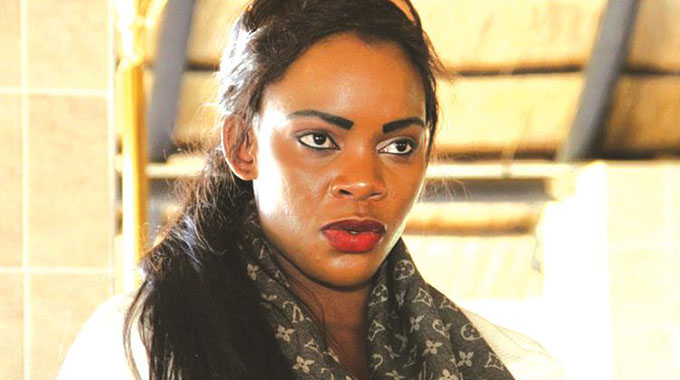2023 tobacco season preparations begin

Precious Manomano
Herald Reporter
Preparations for the 2023 tobacco season have started, with farmers already procuring seed ahead of sowing seedbeds.
Sowing of seedbed starts in June for irrigated crop which is mostly grown by contracted farmers.
Most smallholder farmers who rely on rain-fed agriculture are expected to start sowing in July and August.
Zimbabwe National Farmers Union vice president Mr Edward Dune urged growers to buy inputs as they sell their crop.
He said the cost of inputs were high and urged growers to work hard and achieve sustainable development.
“Preparations are underway in terms of seedbed preparation for the irrigated crop,” he said. “Inputs are expensive and this is likely to have negative impact on the next season. It is difficult to predict and plan for the next season considering that there is a challenge on the ground that growers are finding it difficult to procure the inputs.
“I encourage farmers to continue working hard so that they continue sustaining themselves.”
The Tobacco Industry and Marketing Board (TIMB) statistics show that this year, prices are firmer than those offered last year.
Mr Dune said there was erratic supply and small volumes of tobacco at the auction floors.
As at day 44, the TIMB reported that 102,3 million kilogrammes worth US$382 million had been sold by farmers, which was, however, less than the 146 million kilogrammes valued at US$396,4 million sold during the same period last year.
Prices at the auction floors are higher than those being offered at the contract floors.
The average price at the auction floor on day 44 was US$3,15 per kilogramme, while an average price of US$2,98 per kilogramme was recorded at the contract floors.
Last year, tobacco selling season progressed satisfactorily despite the effects of Covid-19, with most farmers generally happy with the payment modalities.
This year tobacco was affected by late rains.
The irrigated crop is medium to heavy bodied, predominantly lemon in colour and reflecting a fair to good quality.
The main dryland crop is medium bodied in the commercial sector whilst being light to medium bodied in the smallholder sector.
The late dryland crop has poor stand due to prolonged dry spell which was experienced post planting time towards end of December.
Tobacco is ranked as one of the most economically important non-food crops in Zimbabwe, earning millions of dollars annually.
The tobacco crop is important to the country as a foreign currency earner, contributing to improved livelihoods and employing a large number of the rural population.
Earnings from tobacco have improved the livelihoods of both smallholder, medium and large-scale farmers and support the tobacco processing industry









Comments